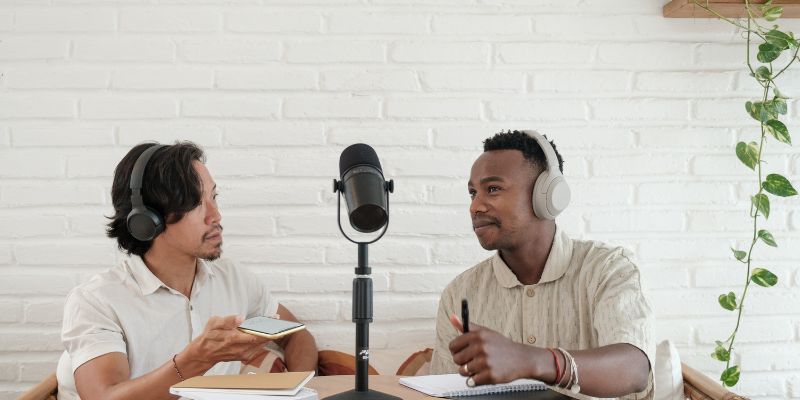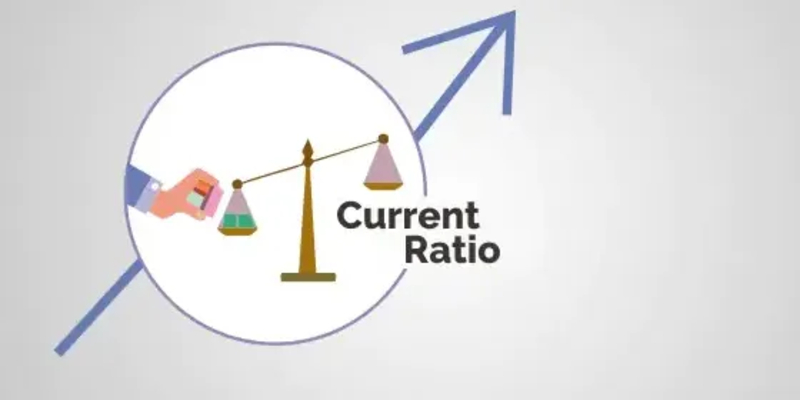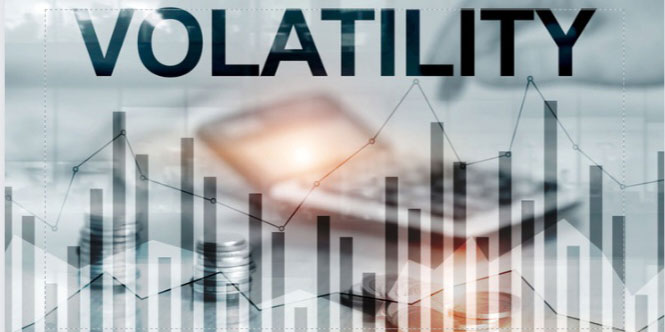According to the cost-of-living comparison database Numbeo.com, as of the middle of 2022, Puerto Rico was 8.12% cheaper than the rest of the United States. Rents are 53.31 per cent cheaper in this city than they are nationwide. As a result, you could spend less on housing and have more money for other purposes.
Your monthly expenses should roughly equal four times your rent, so $2,000 per month should be enough to enjoy a comfortable retirement in Puerto Rico. No section of the Island is more expensive than the average big city in the United States. Those who like to live frugally should have no trouble enjoying the many perks of life in Puerto Rico.
Puerto Rico is more expensive than the Dominican Republic and several other Caribbean destinations, although less expensive than the mainland United States.
Accommodations in Puerto Rico
A one-bedroom flat in prime San Juan will save you around $800 monthly. The identical type of flat, located outside of the city, would cost you around $484 per month. Apartments in the heart of a city can cost as much as $157 per square foot, while those on the outskirts of town can be had for as little as $125 per square foot. According to Numbeo, the average price of an apartment in the United States is $1,678 per square foot in a city centre and $1,258 outside a city centre.
Housing costs are low in Puerto Rico, making it an attractive retirement destination. The Island has been developed because it is a U.S. territory. Some communities lack the infrastructure you would be used to in the United States, so it's still necessary to perform thorough research when selecting places to live. Be mindful of your home's vulnerability to hurricanes and tropical storms.
Puerto Rico Offers Many Benefits for Retirees

Few places on Earth can match Puerto Rico's year-round sunshine and beautiful coastline. The benefits of retiring on Puerto Rico Island will be discussed below.
1. Affordable Health Care
Puerto Rico is a great place for retirees because of the inexpensive housing and medical treatment. Healthcare costs in Puerto Rico are 31% cheaper than the national average, ranking first in an analysis of 298 regions across the United States.
There are both public and private hospitals available for patients in Puerto Rico. Since the government foots the bill at public hospitals, patients can receive care at little or no cost. Patients either pay for their medical care or use private health insurance to cover the costs.
The quality of public and private healthcare facilities is the same as on the mainland. As is the case on the mainland, the quality of care may be higher in the city than in the countryside. However, state hospitals lack resources and doctors since so many have left for better-paying positions on the mainland. This means that you may count on having to wait a while.
2. Beaches

Puerto Rico has 300 miles of coastline, so it's safe to assume that most people who relocate there do so to take advantage of the Island's many beautiful beaches. Puerto Rico has some of the world's best beaches thanks to its powdery white sand and brilliant blue seas. There are so many beaches to choose from that it's not hard to pick one that's private and not overrun with people.
The beaches are great for various water sports and traditional sunbathing and floating. The southwest of the Island is home to coral reefs that attract scuba divers and snorkelers, while the northeast is a haven for wind and kite surfers.
3. Well-known Corporations
Moving to a new nation can be a stressful and perplexing experience. There may be no way to contact anyone back home using your American cell phone, no way to use your credit cards, no postal mail system, no Walmart, no Amazon, and possibly no way to use your electrical appliances, etc.
In Puerto Rico, however, such is not the case. Visiting the Island is like travelling to a new state. You can shop at the same chain stores and eat at the same fast food restaurants as usual, have items shipped to you via Amazon and receive them by USPS, and keep using your regular cell phone service.
4. Puerto Rican Taxation
The Individual Investors Act is a benevolent tax policy that makes retiring in Puerto Rico an even more attractive alternative. Income from dividends, interest, and capital gains are excluded from taxation in Puerto Rico under this law. Residents also do not have to pay federal income tax to the United States on any money earned in the territory. Earnings from work performed entirely within Puerto Rico will be subject solely to the local rate of taxation. You must spend at least 183 days per year on the Island to qualify as a resident and receive these perks.
The sales tax in Puerto Rico is one of the highest in the United States, at 11.5%. If you're considering retiring in Florida, you should consider this seriously. This high sales tax may affect a sizable portion of pensioners' monthly expenditures.




